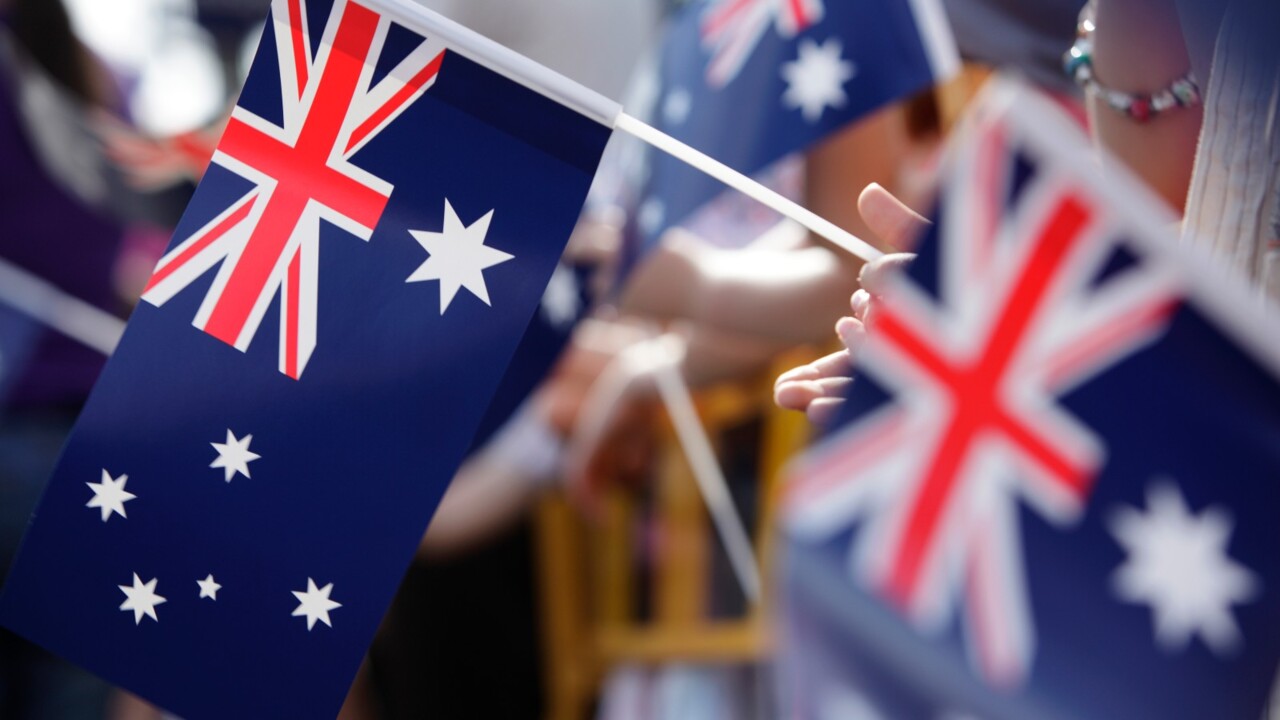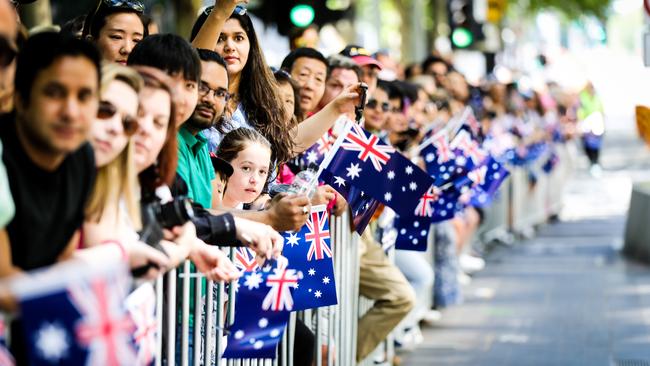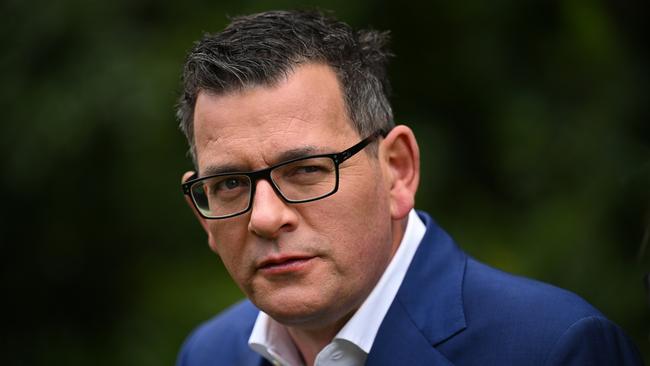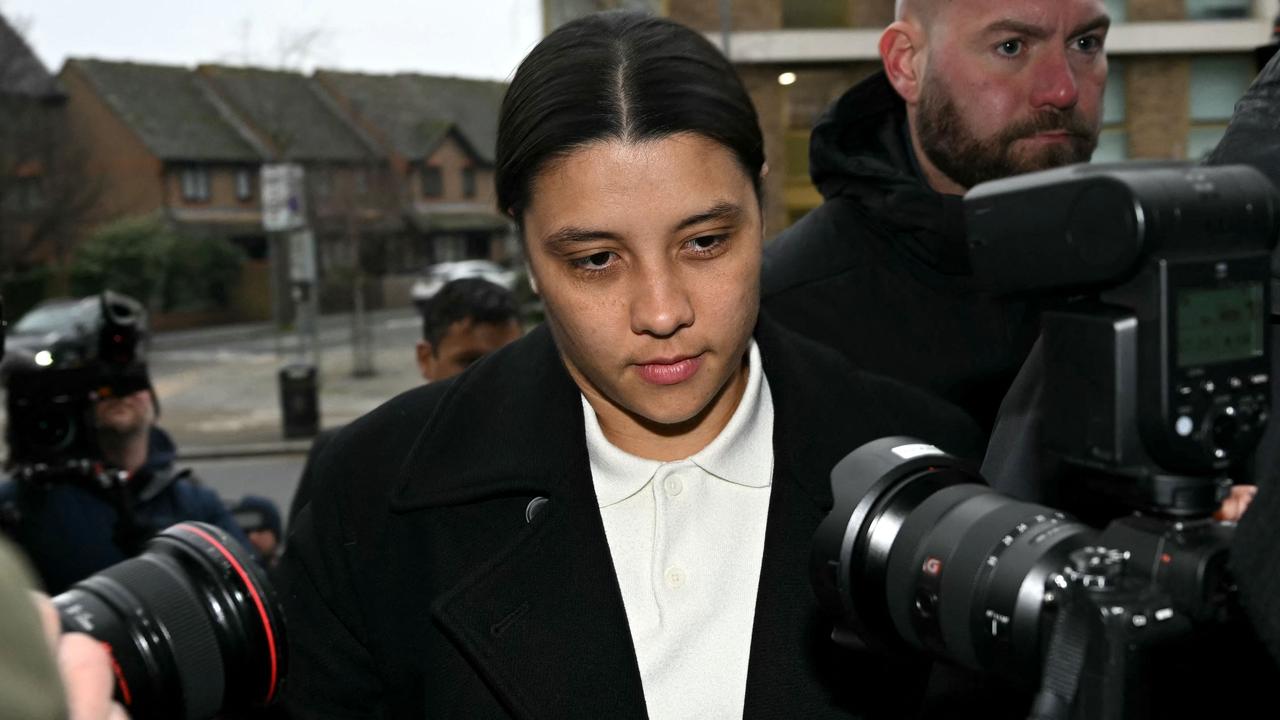Shannon Deery: Lead-up to January 26 again consumed by hate
The Andrews government’s decision to quietly scrap the annual Australia Day parade shows just how toxic the change-the-date debate has become.

Opinion
Don't miss out on the headlines from Opinion. Followed categories will be added to My News.
Here we go again. It wouldn’t be January without the heated debate and division that precedes Australia Day.
It’s our annual reminder that we are nowhere near as united as we like to think we are. Aussie mateship goes only so far.
The Andrews government’s decision to quietly scrap the annual Australia Day parade shows just how toxic the change-the-date debate has become.
It’s a landmine for governments, who for years have either kicked the issue down the road or ignored it altogether.
The Premier is not one to shy away from controversy. Given the chance, he’s generally up for it.

Take the holy war that erupted around the resignation of two-day Essendon chief executive Andrew Thorburn last year.
Andrews was among the first to weigh in, labelling views promoted by Thorburn’s church as “absolutely appalling”.
It was an easy one for a Premier who seems to relish going head to head with the church.
He did so safe in the knowledge that a tad more than 40 per cent of Victorians still identify with a religion, and of those only 43 per cent are Christian.
His comments following the death of George Pell may have irked a minority, but he knew he’d have majority support.
It’s all about choosing your battles, and knowing which ones you can win.
Which is what makes the Australia Day debate so challenging for governments, and Andrews personally.
The state government’s position seems clear. It can’t change the date, but it can cancel Australia Day by proxy.
Official events in Melbourne this year are minimal.
There will be a 21-gun salute, a Royal Australian Air Force flyover, and a mini festival at Federation Square. Government House will also be open for tours.
By contrast, Sydney is fully embracing the day with a harbourside concert, fireworks and boat parade.
The cancellation of Melbourne’s street parade this year is the third successive time the event has been axed.
In 2021 it was done under the cover of Covid. Last year, there was no explanation offered.
This year, it was done with secrecy. No explanation was forthcoming.

It is the sort of thing we have become accustomed to in the eight years since the Andrews government came to power. A worrying lack of transparency has become the norm.
Acting Premier Jacinta Allan said last week that Australia Day was a challenging day for First Nations people.
“Celebrations are had across the state and are organised by different communities in different ways,” she said.
“It is appropriate that Australia Day events recognise that for some, in particular our First Nations people, it can be a really difficult and challenging day.
“It is also a day for communities to come together and reflect on what it is that makes our society strong and makes our community great, and how we can continue to build on that.
“That’s why there’s a range of appropriate Australia Day events that are held across the state that are supported by local communities, that are developed by local communities and reflect the community.
“I think that’s appropriate and we’ve seen now for the last few years the arrangements in and around the city reflect that.”
This contrasts starkly with Andrews’ personal views.
He has previously opposed changing the date of Australia Day.
In 2018 a motion to shift Australia Day from January 26 to May 9 – anniversary of the date the commonwealth parliament first met – was debated at the Victorian Labor Party’s annual conference.
“I don’t support changing the date,” Andrews said at the time.
“There is a debate going on now. What I can do is make my position very clear and I have.”
Last year Andrews said he was very keen to see the parade come back to Melbourne.
January 26 seems unlikely to remain our national day for much longer.
It is too divisive, and has proven completely incapable of being a day of unity – an acknowledgment of the past and celebration of the future.
Until it changes, governments will battle to unite people around these dual aims.
In his election victory speech last November, Andrews promised to govern for all Victorians “no matter how you voted, no matter your views and opinions”.
“Hope always defeats hate,” he said.
The lead-up to January 26 is again consumed by hate, and what feels like very little hope.
Shannon Deery is Herald Sun state politics editor



